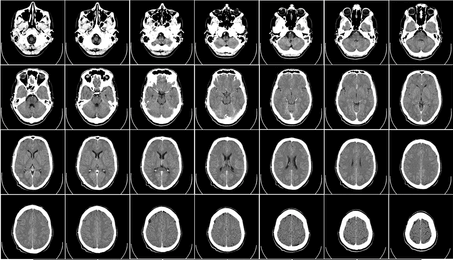Roger Wolcott Sperry (born on August, 20th 1913 in Hartford, Connecticut and died on April, 17th 1994 in Pasadena, California) was a a neuropsychologist and neurobiologist who won the Nobel prize in 1981, together with David Hunter Hubel and Torsten Nils Wiesel.
His researches are milestones in the field of neurosciences, as he conducted researches on the split-brain: the result of the resection of the corpus callosum, a group of neural fibres that unite the left and right hemispheres. Transection of the corpus was an aid to people suffering from epilepsy as the fibres were discovered to transport the seizures from one hemispheres of the brain to the other. Hence the discovery of the specialized functionalities of the two hemispheres, before unknown.
Before winning the Nobel prize he was awarded with many acknowledgements like California Scientist of the Year Award in 1972; through his life he also worked in many universities all across the States: Yerkes Laboratories of Primate Biology which used to be part of Harvard University, University of Chicago, California Institute of Technology.
Sperry also served as Professor of Psychobiology Emeritus at California Institute of Technology and on the Board of Trustees.
He could be found constantly in his office taking notes and lost in thoughts. Sperry as a paleontologist was also a collector of fossils and liked to express himself through art, going camping and fishing with his wife and children.
